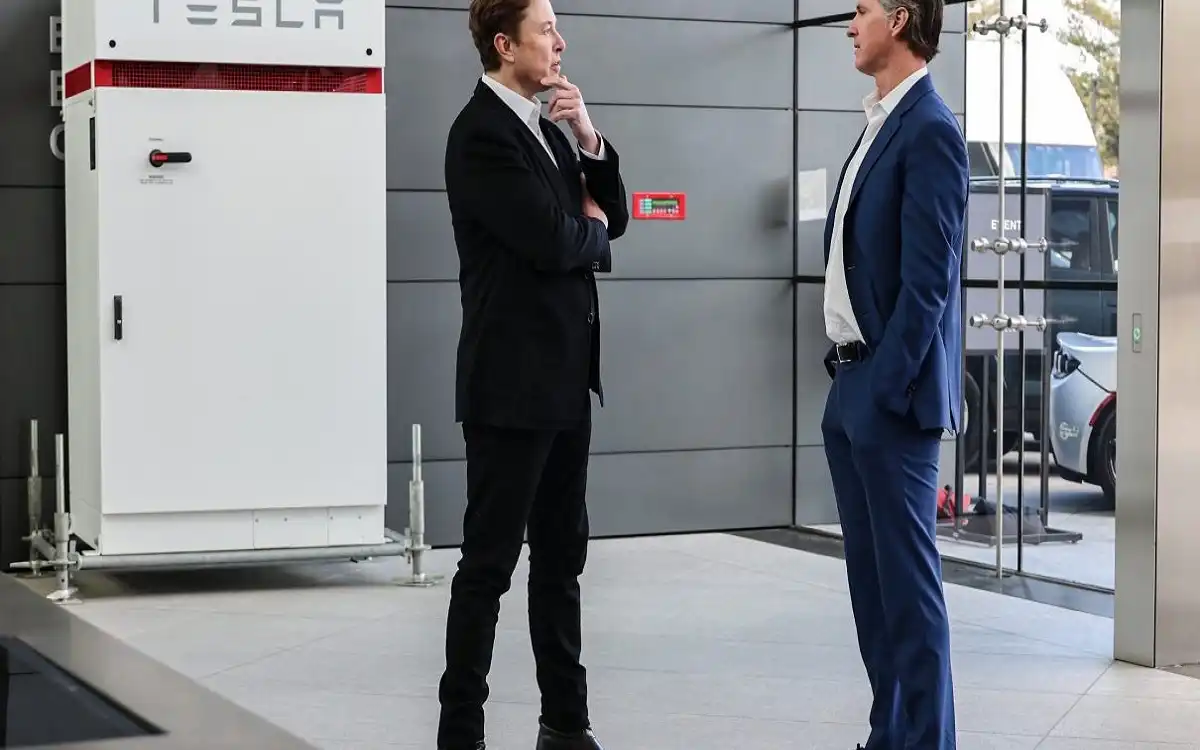|
Getting your Trinity Audio player ready...
|
The ongoing dispute between SpaceX and the California Coastal Commission has intensified, highlighting the growing tension between environmental protection and commercial space industry expansion along California’s pristine coastline.
Regulatory Standoff
The California Coastal Commission’s recent decision to deny launch permits for SpaceX’s operations has sparked heated debate among industry leaders, environmental advocates, and local communities. The commission cited “significant environmental concerns” regarding the impact of rocket launches on marine life and coastal ecosystems.
We cannot sacrifice decades of environmental protection and marine conservation efforts for the sake of rapid space industry expansion,
stated Dr. Maria Rodriguez, a senior environmental analyst at the Commission.
Environmental Impact at the Core
The primary concerns raised by the Commission include:

- Noise pollution affecting marine mammals
- Chemical contamination risks from rocket fuel
- Potential disruption of protected species habitats
- Coastal erosion from launch infrastructure
Marine biologist Dr. James Chen from the Pacific Marine Research Institute explains:
The vibrations and sonic booms from launches can have severe implications for marine life, particularly during breeding seasons. We’re seeing concerning patterns in local wildlife behavior that correlate with increased launch activities.
Economic Implications
The decision has significant economic ramifications for both California’s space industry and local communities. SpaceX operations have traditionally generated substantial revenue for coastal municipalities, with estimates suggesting economic benefits of $350 million annually to the region.
Local business owner Sarah Martinez voices her concern:
While environmental protection is crucial, we need to find a balance. The space industry has become a vital part of our community’s economy.
Industry Response
SpaceX, led by CEO Elon Musk, has challenged the Commission’s findings, presenting detailed environmental impact studies and proposing advanced mitigation measures. The company argues that its environmental protection protocols exceed industry standards and align with California’s environmental regulations.
Proposed Solutions
Industry experts have suggested several compromise measures:
- Implementation of advanced sound suppression systems
- Development of eco-friendly fuel alternatives
- Establishment of seasonal launch windows to protect wildlife
- Creation of dedicated wildlife preservation zones
Broader Implications
The controversy has sparked a larger debate about balancing technological progress with environmental stewardship. Other space companies watching this dispute closely include Blue Origin and Rocket Lab, as the outcome could set precedents for future commercial space operations along U.S. coastlines.
Looking Forward
Environmental law expert Professor Sarah Thompson of UC Berkeley notes:
This situation exemplifies the complex challenges we face as space commercialization accelerates. We need updated regulatory frameworks that can accommodate both environmental protection and technological progress.
For More News Update Visit California News



